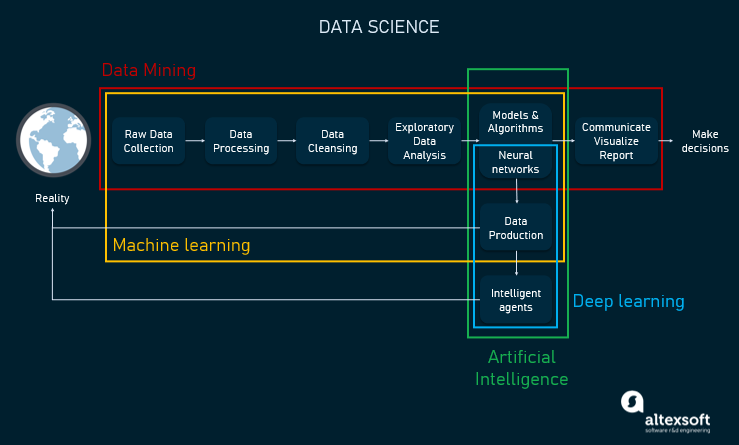Machine learning has the potential to revolutionize science and technology by enabling us to analyze complex data and make predictions. From medicine to engineering, machine learning is driving innovation in a wide range of fields.
In this blog post, we will explore some of the possibilities of machine learning in science and technology and the potential benefits it can offer. We will also discuss some of the challenges involved in implementing machine learning and ways to overcome them.
Applications of Machine Learning in Science and Technology
1. Medicine
Machine learning is being used in medical research to analyze large datasets of patient information to develop more personalized treatments. It is also being used to analyze medical images and identify patterns that can help in the early diagnosis of diseases.
2. Energy
Machine learning can help optimize energy systems, including renewable energy sources like wind and solar. It can be used to forecast energy demand and improve energy storage, leading to more efficient and reliable energy systems.
3. Robotics
Machine learning is being applied to robotics to improve decision-making capabilities and enable autonomous operation. This has implications for industries such as manufacturing and transportation.
4. Agriculture
Machine learning can help farmers optimize crop yields by analyzing data on soil moisture, weather patterns, and plant growth. It can also be used to detect and identify pests and diseases, leading to more efficient use of pesticides.
Challenges of Machine Learning
Despite the potential benefits of machine learning, there are some challenges involved in implementing it.
1. Data quality
The quality of the input data is critical to the success of machine learning models. Garbage in, garbage out is the mantra here. The accuracy of the results depends on the quality of the data, so it is essential to ensure that the data is accurate, complete, and free of bias.
2. Interpretability
The complexity of machine learning algorithms makes them difficult to interpret. It can be challenging to understand how a model arrived at a particular result, which can make it difficult to build trust in the model.
3. Ethical considerations
Another important consideration is the ethics of machine learning. As algorithms become more complex, the potential for unintended consequences increases. It is essential to consider the ethical implications of machine learning and to ensure that it is used for the benefit of humanity.
Conclusion
Machine learning has the potential to transform our world, offering new ways of solving problems and driving innovation. While there are challenges involved in implementing machine learning, these can be overcome with careful consideration and planning. As we move forward into a world where data is king, machine learning will undoubtedly play a significant role in shaping our future.











